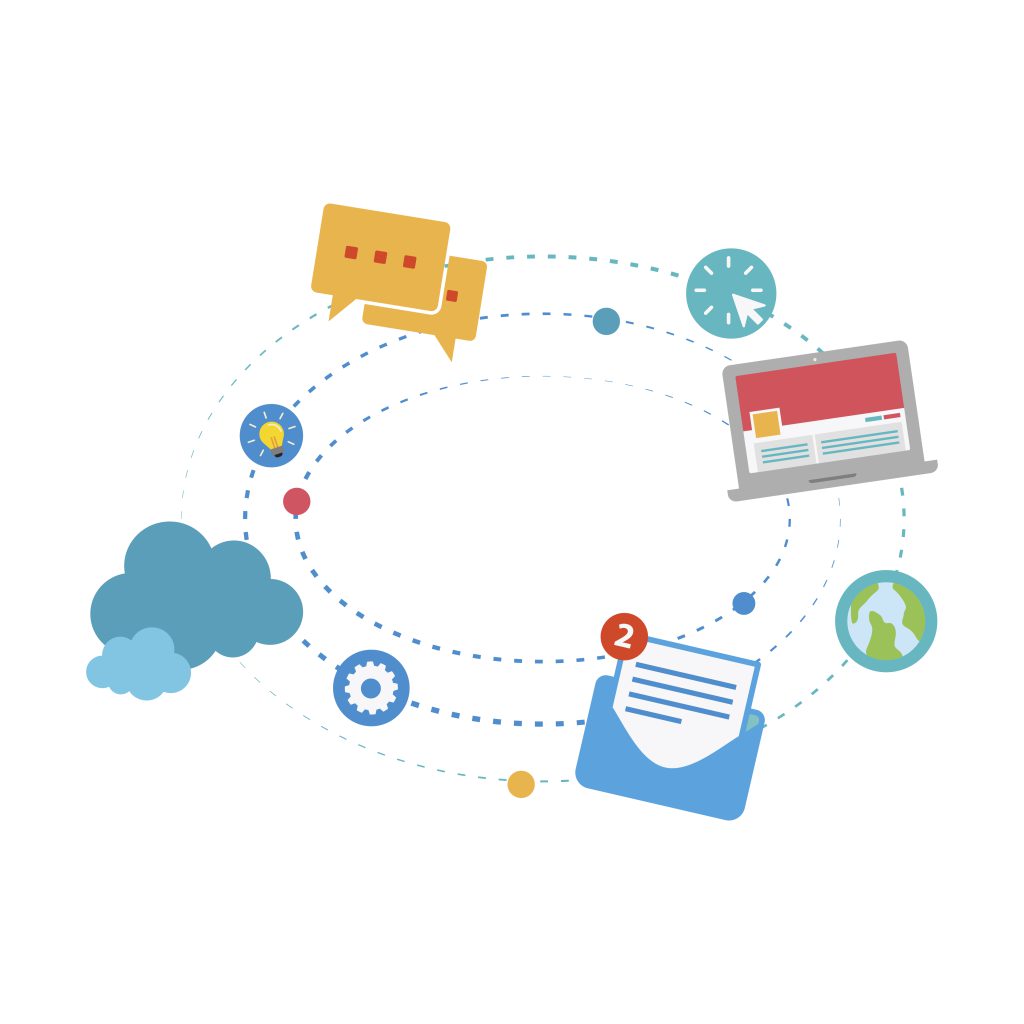Best AI Agent Platforms and Solutions in 2025
Conversational commerce has evolved into a multifaceted landscape with numerous channels and platforms available for direct business-to-customer communication.
From AI agents to voice-enabled interfaces, each type of conversational platform brings its unique strengths to the table. These multi-featured platforms are called AI agent solutions.
Let’s explore how you can leverage these platforms to make your shopping experience as convenient as possible for your customers.

Heard about AI agents, but not sure how to get started?
Don’t worry— we’ve got you covered.
This new trend, often called chat commerce, is reshaping the way businesses connect with their customers, and those who get a jump-start, will be poised to gain a competitive advantage.
For a comprehensive understanding of conversational commerce, check out our previous articles covering its fundamentals, use cases, and implementation strategies.
Leveraging any of the wider known messenger apps (e.g. Facebook Messenger, WhatsApp Business, Viber, etc.) starts by choosing an AI agent platform that helps you with this kind of implementation. Oftentimes, they are quite versatile and offer other features for E-commerce businesses, besides the opportunity to be in contact with their customers directly.
Why to Use a Conversational Commerce Platform?
Let’s take a quick peek at the most important features of said platforms:
- automated conversations through AI agents
Powered by artificial intelligence, they can engage in real-time conversations with customers, answer their queries, and provide support.
- personalized experiences and recommendations
This is a standout feature of conversational commerce platforms, thanks to their ability to access customer data, such as purchase history and preferences. It enhances customer satisfaction, customer loyalty, and ultimately increase conversion rate.
- omni-channel communication
When choosing a platform, you first need to make sure it’s compatible with the messaging channel you plan to use. To choose the best channel for your business, make sure you consider factors such as your target audience and geographical location, and the specific features offered by each to align with your business objectives.

An omni-channel communication platform is a great choice if you’d like to engage with your customers across multiple messaging channels, be it social media platforms, messaging apps, and ecommerce websites. Ensuring that your customers can interact with you in the way they prefer enhances their convenience and satisfaction.
- the use of NLP (natural language processing) technology
NLP enables the platform to understand and interpret user queries in a more human-like manner. By comprehending the context and intent behind customer messages, you can deliver more accurate and relevant responses to them.
- advanced analytics and reporting capabilities
Thanks to this feature, you gain insights into customer interactions, track key metrics, and measure the effectiveness of your conversational marketing strategy. This can help you refine strategies, optimize customer journeys, and drive better outcomes.
Choosing Your Ideal AI Agent: A Strategic Decision
When selecting the ideal platform for your business, opt for one that suits your business requirements and objectives, plus, integrates seamlessly with your current systems.
Evaluate aspects such as scalability, customization options tailored to your unique requirements, and compatibility with your E-commerce platform to make an informed decision.

There are two major use cases of AI agents that stand out from the rest:
- Support
Through the integration of AI agents, businesses can provide instant assistance to customers, offer 24/7 support, and address their concerns in real-time.
Intercom’s has long been a popular support platform and is now integrating AI chat capabilities to support conversational scenarios. Their chatbot, called Fin, is powered by GPT-4 and is available 24/7 and chats with your customers to resolve queries based on your support content.
You can see a demo of Fin in action here.
- Sales
Conversational commerce tools can take the offline shopping experience, online by replicating the experience of sales assistants who engage potential customers in personalized conversations. They can recommend products, answer customer inquiries, and guide users through the purchasing process seamlessly.
Chatfuel is a chat commerce platform that has ready-to-use templates that you can use to engage your customers on other channels. This can help you build workflows to automate cart abandonment reminders, track orders, and more.
Types of AI Agents (and How Can You Benefit from Using Each)?
Each conversational commerce platform can provide your business with unique features and benefits, however, in order to choose one you need to clarify what your objectives are and what purposes you would use it for.
Let’s see the most common solutions that conversational platforms support:
Build-your-own AI Agent platform solutions
These messaging platforms enable you to build your own AI-powered chatbot (AI agent) to leverage the power of AI in customer support and engagement. The communication channels are up to your (and your customers’) preferences.
Instant agent support is quite an attractive feature for online shoppers when it comes to getting help with a service.

The next level of automated E-commerce messaging is when the entirety of the shopping journey is carried out with the help of AI agents.
AI Customer Engagement solutions (Marketing Automation)
The purpose of these solutions is to assist your business in creating different campaigns for increased customer engagement. They help you find the most relevant content for your target audience, alongside the best communication channels and the recommended time of publication.
Furthermore, automation promotes speedier communication between customers and businesses, allowing for faster problem-resolution times at cheaper costs than human processes.
Cloud Contact Center solutions
As a 2021 study shows, 77% of contact centers that already used AI for multiple purposes back then, reduced their overall costs as a result.
In the context of contact centers, AI agents are able to handle first line of customer interactions and free up some time in your customer service team’s already busy phone line.

Chat commerce solutions can help you connect different digital channels to ensure the same level of service, regardless of the way your online shoppers decided to get in touch. Usually, you can access all relevant channels from one interface, alongside the information related to your customer’s profile.
AI Customer Data platforms
These platforms let you gather, store, and analyze data about users to create customer profiles and enable you to personalize every interaction with them for enhanced user experience. With the help of AI, you can recommend your products and services to the right audience, based on individual profile data.
As we mentioned at the beginning of this article, there are platforms that offer numerous different features for businesses instead of focusing on one of the developmental areas. These are called conversational experience solutions.
Case Study: Infobip
Infobip is a great example of an omnichannel conversational experience solution. They are a CPaaS (communication platform as a service) company that now also empowers businesses to integrate chat commerce seamlessly into their operations.
Infobip’s multifunctional services include all of the above-mentioned features and solutions.
They enable you to communicate with your customers over their favorite channels. By expanding your communication solutions and channel portfolio, you can create new revenue streams and win new business.
Infobip allows you to craft end-to-end customer journeys powered by AI and build your own AI agent by your own rules. They also have a solution that lets you create customer profiles as well, for maximum personalization.
“Creating connected customer experiences is at the heart of what we do“
To enable your shoppers to reach out directly to your business with inquiries, be it about general product recommendations, needing support with choosing the right product, or having trouble with payment, you can choose Infobip’s chatbot platform, and imitate the feel of a human conversation with many times fewer effort.
Wrap up
In conclusion, conversational commerce platforms represent a transformative force in the E-commerce landscape.
From instant AI-backed support to personalized sales assistance, these platforms redefine the dynamics of business-consumer relationships. In order to select the platform best for your business, start by identifying your goals and what you want to achieve.
As customer expectations continue to shift towards seamless and personalized interactions, leveraging these platforms becomes not just an option but a valuable addition to any E-commerce strategy.


